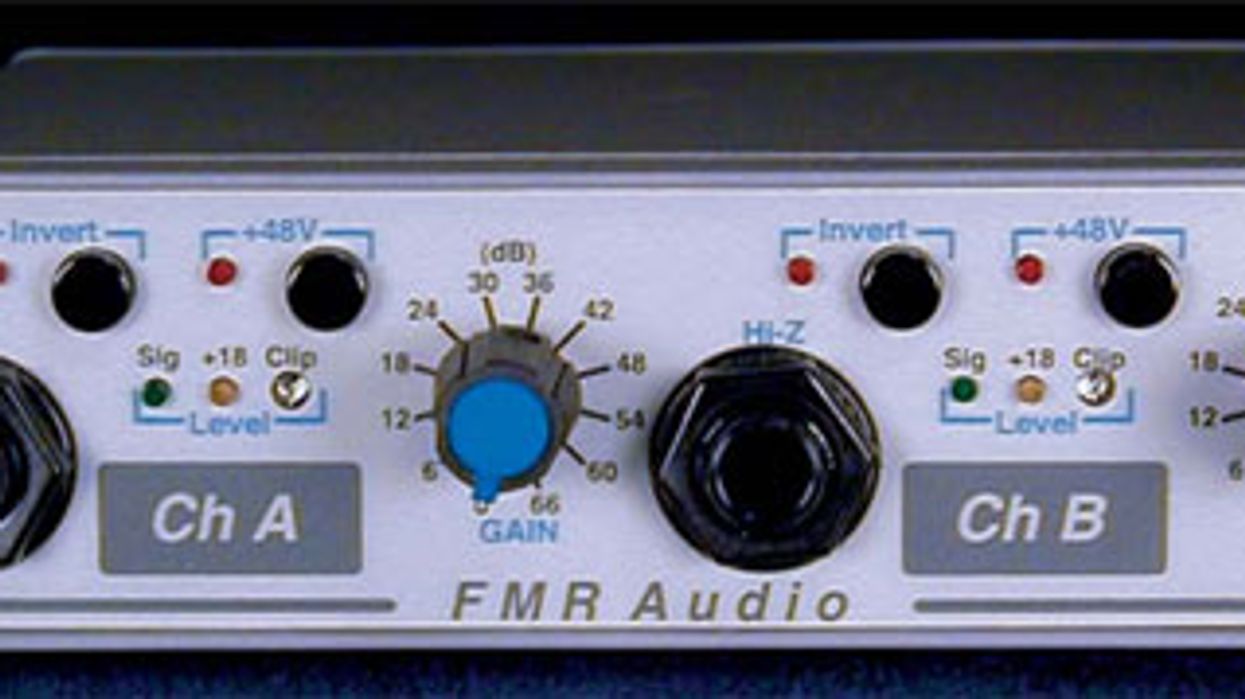Search
Latest Stories
Start your day right!
Get latest updates and insights delivered to your inbox.
preamp-microphone-daw-recording-signal-chain-dean-farley
Don’t Miss Out
Get the latest updates and insights delivered to your inbox.
Recent
load more
